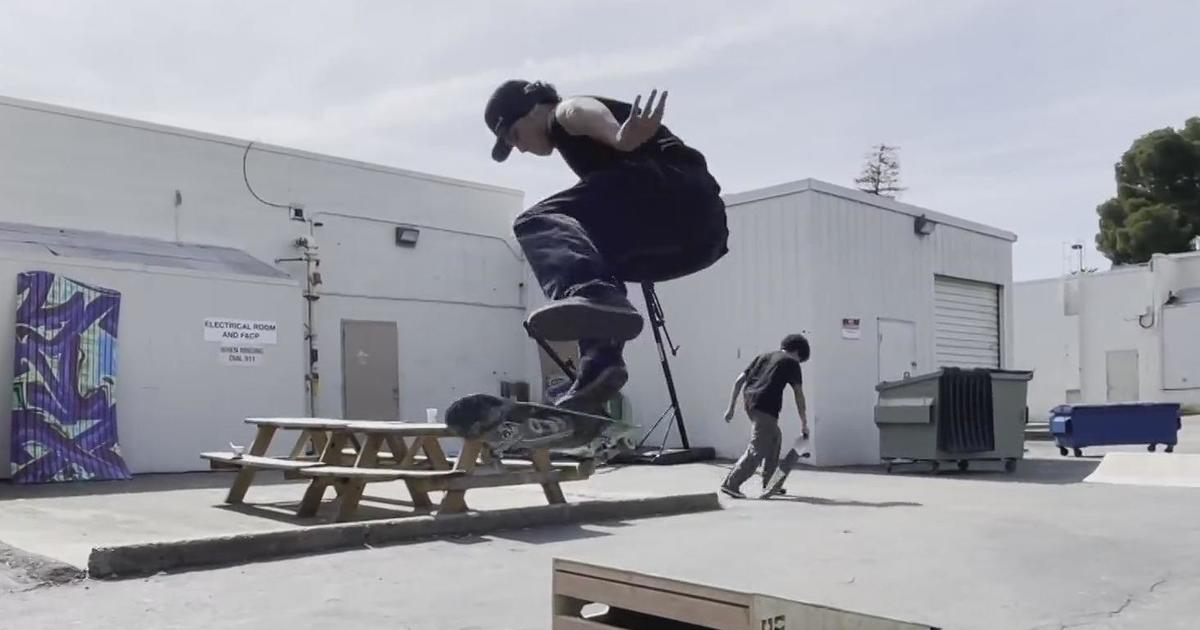Gun Control Or Mental Health Reform? UC Davis Researchers Say We May Be Focusing On Wrong Problem
DAVIS (CBS13) — From Washington, D.C., to California, calls for action against gun violence are growing louder.
Lawmakers on both sides of the aisle agree that they never want to see something like what happened in Texas again, but they can't seem to agree on how.
"We have a problem with mental health illness in this community," Texas Gov. Greg Abbott said.
"We are going to vote on gun legislation," Senate Majority Leader Chuck Schumer said.
"Any firearm is potentially dangerous in the hands of a deranged lunatic. At the end of the day, the issue here is not the firearm," Senator Marco Rubio said.
"We're cowards if we don't act. Cowards!" Senator Patrick Leahy said.
CBS13 Political Analyst Gary Dietrich said politicians are more receptive to public pressure in an election year and he believes a shift in policies is possible.
"While the midterms can provide a problem, they may also provide an open door to get things moving forward," he said.
But anger over inaction is now boiling over on gun violence and people are clashing over what needs reform: mental health or gun control? UC Davis researchers say we may be focusing on the wrong problem.
The takeaway from mental health experts: more resources are needed. But that's not the whole picture.
"Very few public mass shooters of late have had a diagnosed mental illness that would have contributed to their problem," said Dr. Amy Barnhorst with the UC Davis Department of Psychiatry.
Dr. Bornhorst is a psychiatrist working with the UC Davis violence prevention research program — one of just a few in the country that is studying gun violence.
"Even if we had a perfect mental health system, how would we have stopped this? First of all, we have to identify these people," Dr. Barnhorst said. "Who's actually really high risk? Then we have to be able to engage those people in care. So imagine how many of these guys really want to participate in very intensive, very emotional, very expensive psychotherapy?"
Dr. Barnhorst added, "It's going to be very hard to get them to do that, and they're not going to qualify for voluntary treatment because most of these folks would not meet any kind of criteria that they would qualify for a treatment against their will."
Researchers say mass shootings only account for one percent of gun violence in the U.S.
"The easier, more short-term solution is to limit these folks' access to lethal weapons," Dr. Barnhorst said.
Dr. Barnhorst said the focus shouldn't necessarily be on why a shooting happens but on how it happens.
"The really high level big picture way is to address some of the social determinants of health like investing in people's communities, having better resources in schools, providing more employment opportunities for people," she said. "A lot of these kids we see on a more individual level, they're disconnected, they're invisible, they're marginalized, they have trouble getting along with their peers. But investing in all those big social things can have an impact."
While UC Davis researchers say universal background checks and requiring permits have shown to be effective, only time will tell if lawmakers will listen as the nation begs for meaningful change.
"The pressure has been building," Dietrich said. "And you reach a point in the political arena where something's got to give and we very well may have reached that point."
Adding to some of that pressure Dietrich was talking about are the walkouts that happened at school campuses across the country Thursday. Many students and soon-to-be young voters are saying enough is enough.



